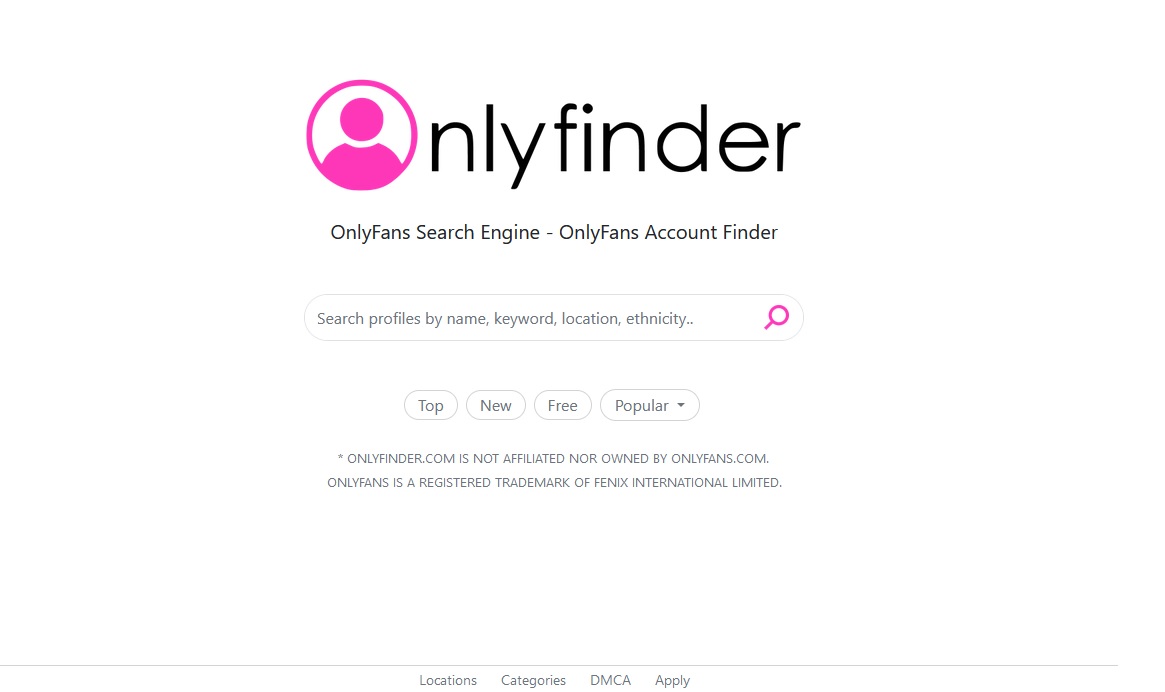More Americans are Googling themselves and many are checking out their friends, co workers and romantic interests too.
In a recent report 65 percent of adult internet users have looked for information about themselves through Google or another search engine.
This is more than twice the 22 percent of users who did in 2010 a decade ago.
Andrew Blumer of fintech research website Compare brokers says “I am surprised it wasn’t higher. Yes it has doubled but it’s still the case that there is a big chunk of internet users that have never done this simple act of plugging their name into a search engine”.
Certainly awareness has increased but it hasn’t necessarily kept pace with the amount of content we post about ourselves or what others post about us.
About 60 percent of internet users said they weren’t worried about the extent of information about them online, despite increasing concern over how that data can be used.
American under 50 and those with more education and income were more likely to self Google.
A study from the office of national statistics concluded that 78 percent of adult internet users admitted looking up information about someone else, celebrities excluded.
Often, it is to find someone they have lost touch with. In the study it found that looking up information about friends, relatives, colleagues and neighbours was also common.
Although men and women equally searched for online information about themselves, women were slightly more likely to look up information about someone they are dating or interested in dating.
In many cases the search is harmless and innocuous, done to find someone’s contact information.
But a notable third of those who have conducted searches on others have looked through public records such as home addresses, Google maps street views, bankruptcies, divorce proceedings records and social media searches like Facebook and Instagram.
Adults over 35 were more likely to restrict who can see their profiles on social media platforms like Instagram and Snapchat.
Internet Privacy in the modern age
Privacy issues on the internet are a hot topic these days.
For some it may be safer to have no computer.
The U.S. government recently asked four internet firms Google, Microsoft, Yahoo and Amazon to supply it with one sample of one million internet addresses and one million search requests.
No personally identifiable information would be included in the request. The data was to be used by the Justice department to argue the constitutionality of the Child online protection act.
The request was hit by a slight slag. Many of the internet companies asked refused the request.
A representative said this in a statement. “It is the fear that once the practice of seeking private information from private internet operations is established, the temptation of government officials will be to go back again and again for more information until no personal information online is ever safe”.
We have to come to the realisation that in the modern age of the internet and technology, the whole world is connected more than it ever has been.
You can talk to anyone on the planet with a video call with great ease.
In this kind of environment we have to expect that our lives cannot stay as private as they once were in the 70s and 80s.
This survey consisted of data from 2354 internet users and was conducted as part of a data research project by fintech education website cb in 2020.
Where does online curiosity end up?
We all in the modern world now invest a great deal of energy on the web. So it’s only natural for you to have taken an interest in what others are doing online.
Individuals who invest a great deal of energy online may battle to make genuine connections in the real world and become fixed with people online.
Digital stalking is when unwanted, tireless contact with an individual repeatedly occurs causing them stress.
Cyber stalking is not the same as trolling.
Trolling is more trying to gain attention negative or positive by guoding people online.
Frequently people that troll individuals online do have their own psychosis but it is different to that of a obsessed online stalker.
What kinds of people are Cyber Stalkers?
Individuals who constantly pursue somebody online and are seen to have an obsession appear to be very separated from society and have an absence of social help.
This could be an aftereffect of the of time they are on the web instead of having real world social interactions.
When people spend too much time on the web they put some distance between their present reality and often find it harder to shape connections.
People become focused on their online connections and begin to spend excessive amounts of time on them. But in reality there is nothing there.
Studies have found a large amount of digital stalkers will in general be male and in their twenties.
There seems to be a growing group of individuals in their adolescent years who are increasingly more in danger of building up a reliance on the web that may prompt obsession and an undesirable enthusiasm for others.
You know you have gone too far online when you realize your activities are upsetting someone else.
There have been many cases around the world where online stalking has led to an offense of causing Grievous Bodily Harm.
A survey was conducted and people were asked how they would know if something could be classed as cyber stalking.
“Our results showed It’s about how the subject of all of the attention has perceived the actions”. Said Andrew analyst of a fintech platform.
“People see the internet as giving anonymity. You are less likely to be a victim of a crime in the real world than you are online in the virtual world” Andrew explained.
Its okay I’m just looking
Looking on the internet minute details of peoples lives obsessively, can be detrimental.
Most of these actions are harmless but it’s the small percentage of extreme cases that do still happen.
Why you should watch what you post
After reading this article we hope that you understand how important it is you know what you are doing when you post data online.
It is online forever. Every Amazon review, Youtube comment, Facebook post, Tik Tok video.
!0, 20, 30 years from now you may have to answer for something you did decades ago.
You may start a new job or meet a new partner and they find a post or tweet you posted ten years ago.
The internet is a huge database. Privacy is being eroded. If you do not want anyone on the planet to have access to certain bits of information about you, it sounds obvious but do not post it.








Add Comment